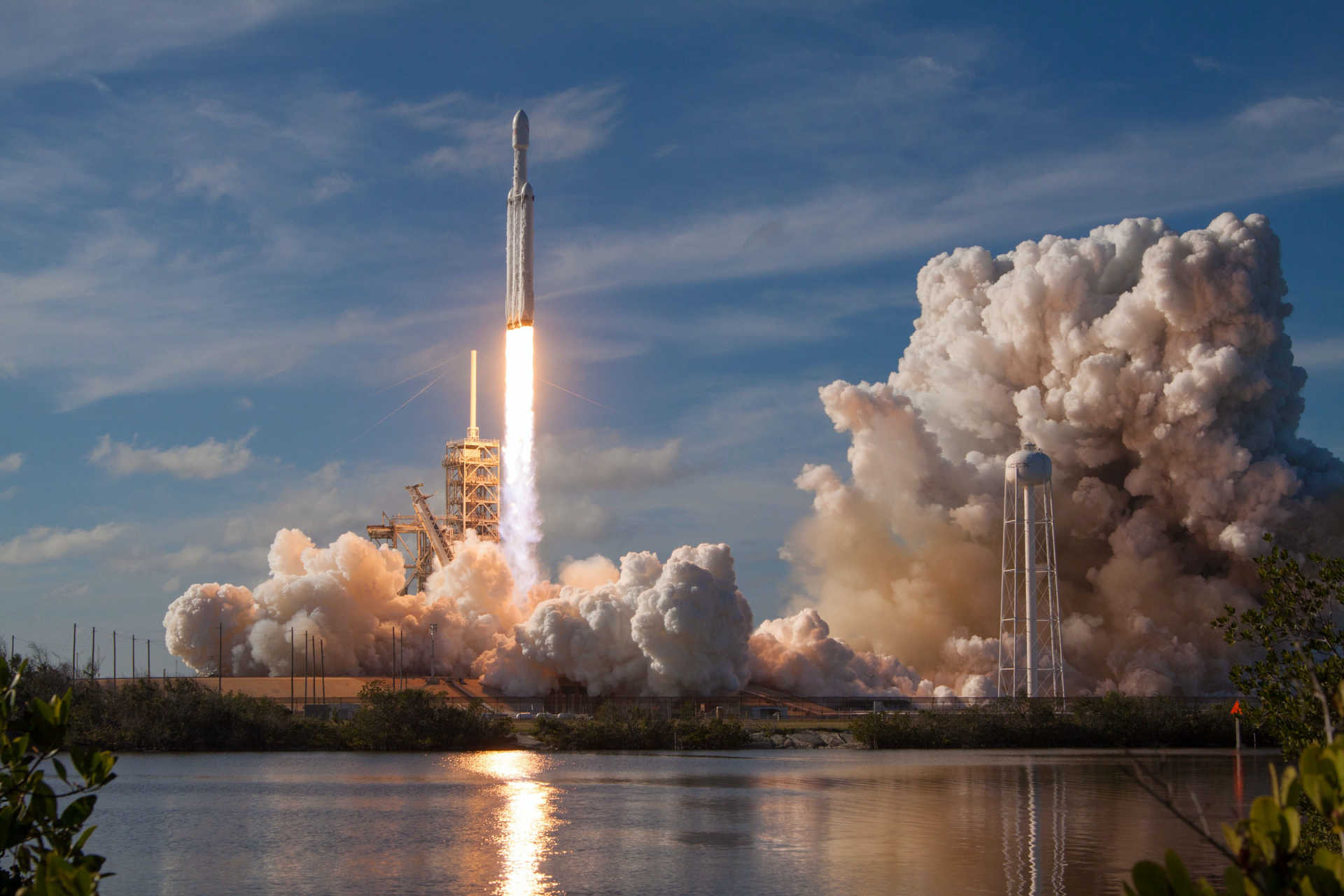Space Exploration

The exploration of outer space is a topic of high importance, which, in addition to classical motives such as the search for extraterrestrial life, is increasingly driven by commercial interests. Exploration missions of Jupiter's or Saturn's moons are actively being planned and strategies for mining minerals from asteroids are already being developed.
The requirements for such missions have become increasingly demanding: The respective systems must be able to act sustainable, cover long distances and perform complex actions. In return, however, the possibilities for human operators to intervene are getting more and more difficult. Therefore, robotic systems that are to be used in such missions in the future will have to act largely autonomously. Further developments in computer systems and sensory technology - driven, for example, by autonomous driving - allow for this.
Future systems will have to deal with delayed or even failed communication and develop compensation strategies in case of incomplete information. Here, intercommunicating and cooperatively interacting swarm systems promise to minimize risk in the sense of the mission objective. The algorithms to be developed for this purpose require the consideration of all sensory information in order to plan actions that are in the interest of both the individual and the collective system. Such highly complex algorithms must be scalable, robust and efficient to ensure that future space exploration missions are ultimately successful.
Topics
- Cooperative Autonomous Systems
- Delayed Communication
- Incomplete Information and Information gathering
- Guidance, Navigation and Control (GNC)
GOC-Expertise
- Communications, Localisation, Navigation
- Distributed signal and data processing
- Modelling and Simulation
- Distributed AI and machine learning
Research questions
- Autonomous, low power, radiation robust mobile robotic swarms
- Exploration-Communcation-Localization – consolidated design